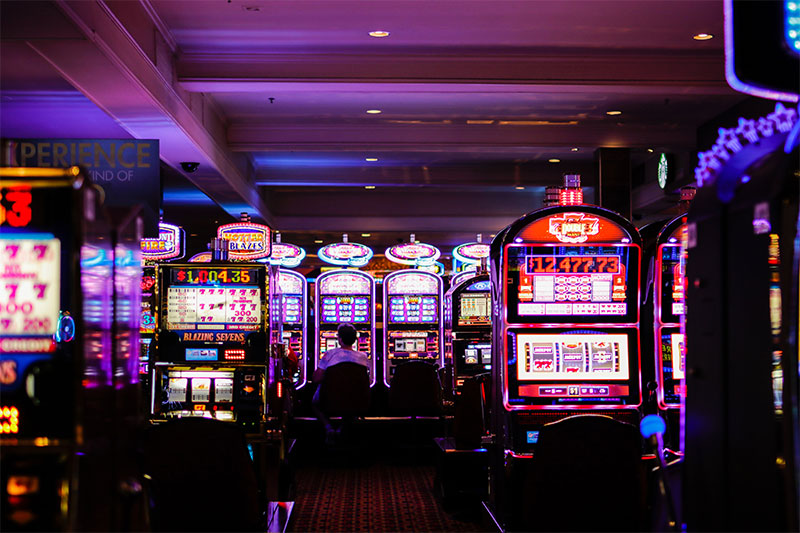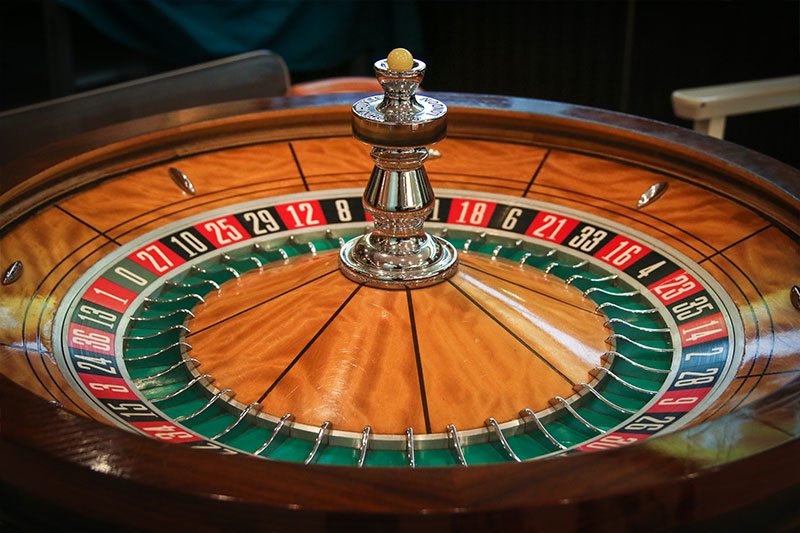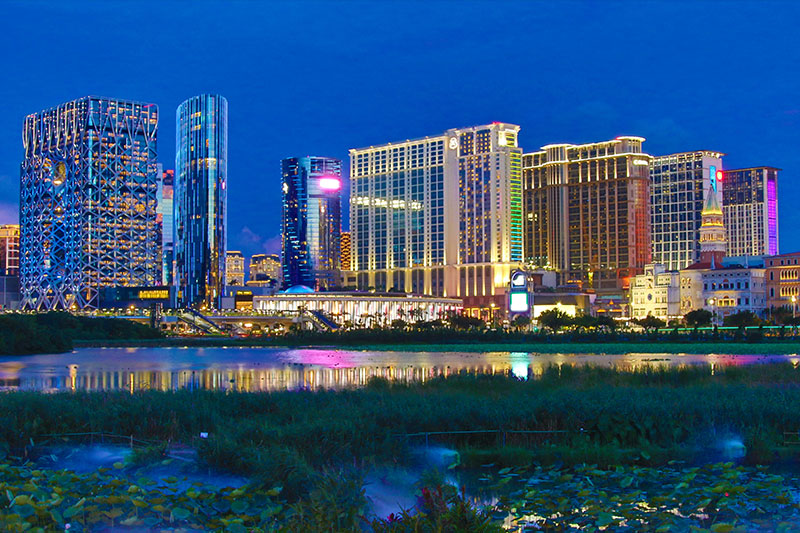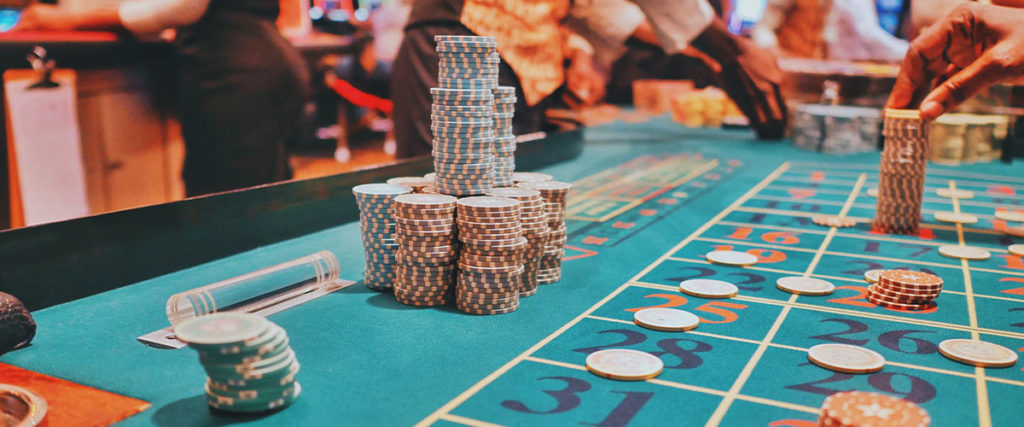Casinos have long been an oft-loved mode of entertainment for many. Here, we take a deeper look into Hong Kong’s history of gambling – and the future prospects of various related industries.
As an autonomous region located on the Pearl River Delta in China, Hong Kong certainly has a complex history. Since its 1997 handover, which saw Hong Kong passed back to Chinese rule, the former British colony has experienced tremendous economic growth and success and gained a reputation for being a free, open, and vibrant city. However, today’s scenes showcase a more complex Hong Kong than that which the world knew just a few years ago, with many questions hanging over the future prosperity of the much-talked-about city.
As a special administrative region, Hong Kong permits certain types of gambling unlike mainland China, including offshore casinos, the lottery, and horse racing bets, making gambling a source of entertainment for locals and tourists alike. However, the city is subject to strict gambling laws that mean many unregulated casino games are not legal. Below, we’ll take a look at the history of gambling in Hong Kong and evaluate the current casino scene in the region.

The History of Casinos in Hong Kong
Western gambling was first brought to the region by the British through the introduction of horse racing in 1841, back when Hong Kong was still a British colony. The city’s first racecourse was built in Happy Valley in 1845, and quickly became one of the most popular social events in the city – and a way of life for many Hong Kongers both then and now.
One factor that characterised the gambling industry during this time was the establishment of the Hong Kong Jockey Club (HKJC) in 1884, which was designated by the government as a body to oversee all legal betting activities. The club was structured as a non-profit organisation, with 79% of all gambling proceeds being put back into the economy through taxes and charitable donations.
Things changed in 1977 when the Gambling Ordinance was brought in by the Hong Kong Authorities. This brought about major changes to the industry as venues became more regulated. This brings us on to today’s gambling regulations, which are much more controlled than that of 100 years ago.

The Current Landscape of Casinos in Hong Kong
As of today, the Hong Kong Jockey Club is still granted a monopoly on all forms of legal gambling, with some of the proceedings being funnelled back into the community. Most significantly, in 2015-2016, the club contributed over HKD 26 billion (USD 3.4 billion) to the Hong Kong community, making it one of the top ten charitable organisations in the world.
One of the key contributors to Hong Kong’s gambling industry is casino cruise ships, on which people are allowed to participate in such casino game activities as Poker, Blackjack, and various slot games, but only whilst the ship is not in Hong Kong territorial waters. An extremely popular pastime both locally and abroad, hundreds of locals and tourists alike gather aboard these ships throughout the year to try their hand at the latest casino games.
One of the most popular cruise ship casinos currently is the Fortunes Casino which is located on-board the Celebrity Millennium Cruise. The casino offers an array of sought-after games, including Blackjack, Roulette, and Poker, but is particularly popular among fans of slots. There are 2,015 slot games available on the ship, so for those considering a trip, we recommend you read this brilliant guide by esteemed gambling author John Grochowski on how to win at slots, as it may help you bring some money back to shore with you.
Legal Situation
One thing worth noting is that the casino industry is highly regulated in Hong Kong, a city in which many forms of gambling are illegal, regardless of whether it’s taking place online or in physical venues. The Hong Kong law states that social games such as Mahjong, tile and dice games, and charitable lotteries are permitted in certain establishments, so long as they don’t derive income or promote gambling in any form.
One historical exception to this was poker. However, the situation changed in 2010 when local police began a crackdown on the game. Today, all unlawful forms of gambling can result in hefty fines with a maximum penalty of HKD 5 million (USD 0.6 million) and imprisonment of up to seven years.

Hong Kong versus Macau Casinos
Although both Hong Kong and Macau operate under the ‘one country, two systems’ system and are just a stone’s throw away from each other, with visitors being able to travel freely between the two regions on a one-hour ferry, the regions are vastly different from one another.
Macau, like Hong Kong, is an autonomous region in China that operates under its own government, with some input from Beijing. However, one of the key differences here is that Macau is financially dependent on the mainland for its survival. Collectively, mainland Chinese tourists spend vast amounts on gambling and subsequently, gaming-related taxes account for 80% of local government revenues, according to the US public policy think tank the Heritage Foundation.
Unlike Hong Kong where laws are much stricter, it seems that Macau offers a great escape to mainland citizens keen to participate in gambling-related activities. Statistics indicate that of the 25 million tourists that visited the region to place their bets in 2018, a staggering 70% of these people were from mainland China. This suggests that while the Hong Kong casino industry is surviving, Macau definitely seems to be leading the way.
Overall, it seems that while there are many challenges facing the casino industry in Hong Kong, there is still an ongoing battle to uphold the success that was first established during colonisation. While citizens may not be able to gamble as freely as they did during the colonial area, workarounds such as casinos onboard cruise ships seem to be transforming the Hong Kong casino scene and show potential for the future.
Related Articles
21 Things To Do in Hong Kong That Don’t Involve Alcohol
Hong Kong Restaurant Guide: 67 Best Restaurants You Have to Try




